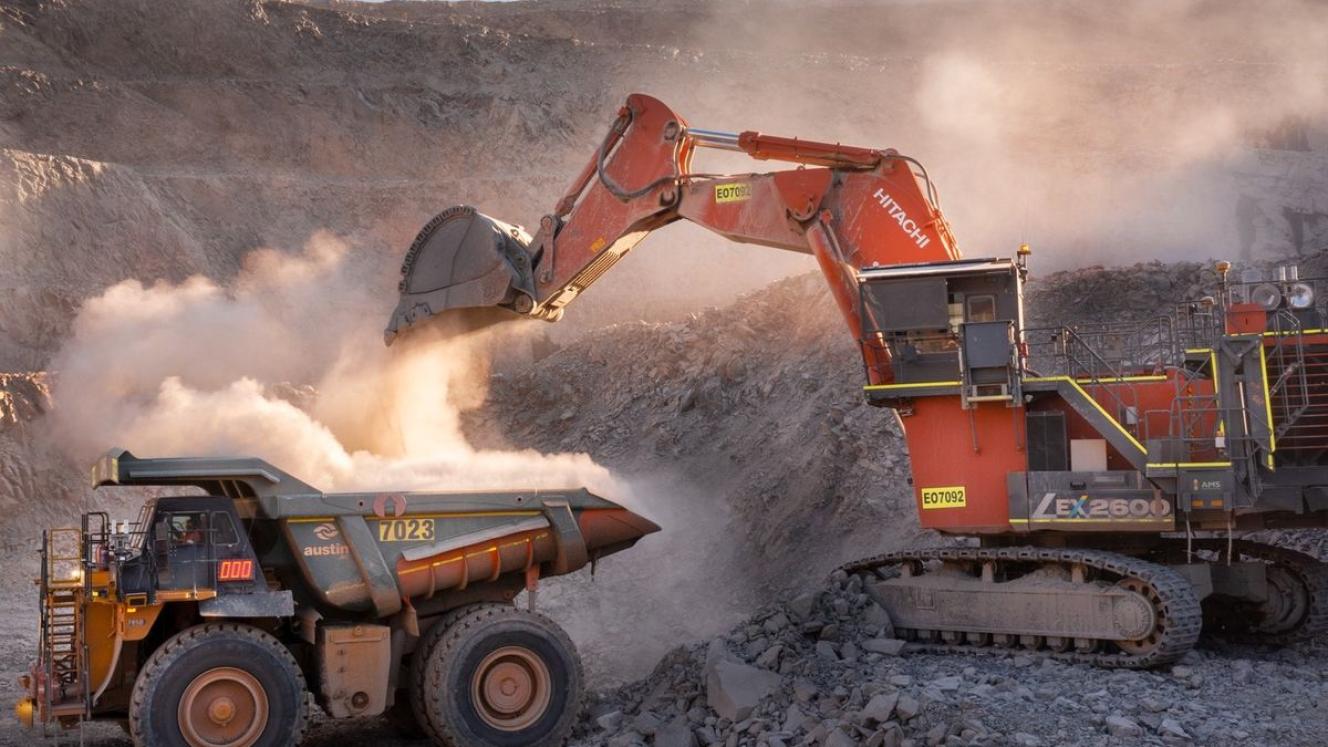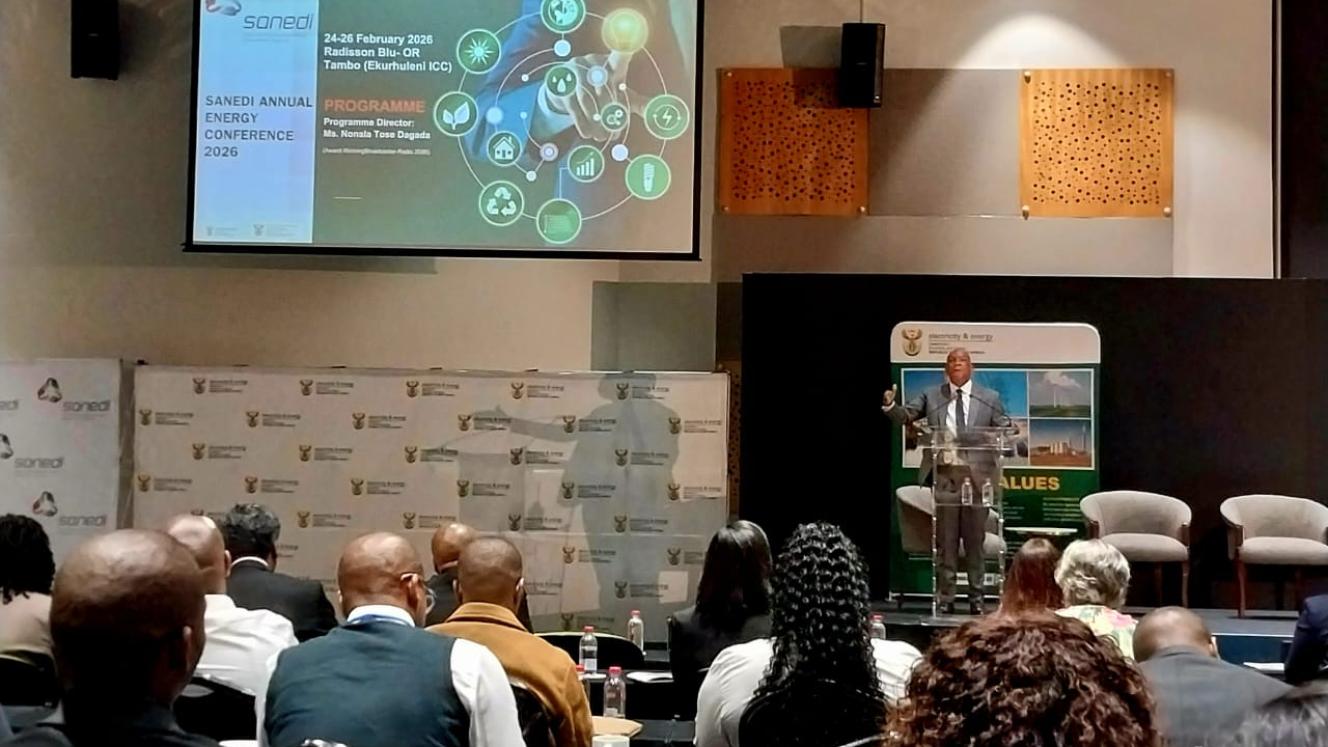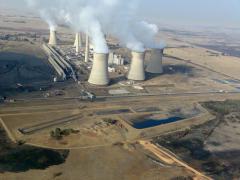Africa has only a narrow window to turn its critical mineral wealth into economic development before global dynamics shift, according to a new report by Boston Consulting Group (BCG). The consultancy projects that global demand for critical minerals such as cobalt, copper, platinum group metals (PGMs) and manganese will double by 2040, driven largely by clean energy technologies.
“This is a moment of leverage for Africa but it will not last indefinitely. The trick here is to get the balance right such that you don’t constrain the rollout of infrastructure while you allow these local value chains to scale up. It needs to be a balance between incentivising on the power side and the right amount of project development,” Kesh Mudaly, MD and Partner at BCG, told Energize.
South Africa’s opportunity
The report identifies South Africa’s PGMs as central to the global energy transition, placing the country in a strong position to attract downstream manufacturing investment in battery technologies, renewable energy components and advanced materials processing.
BCG estimates that, for every US$1 billion (R18,5 billion) invested in mining and processing, 3 000-6 000 jobs could be created alongside US$70 million-US$100 million (R1,3 billion-R1,85 billion) in government revenue and about US$100 million (R1,85 billion) in infrastructure development. Such investment could add US$210 million-US$280 million (R3,9 billion-R5,2 billion) annually to GDP.
The consultancy highlights three key mechanisms to unlock Africa’s full value-chain advantage:
- Attracting investment through stable regulation, faster permitting and ESG commitments (with Namibia cited as an example).
- Building regional value chains through intra-African collaboration such as the Democratic Republic of the Congo-Zambia Battery Minerals Corridor.
- Forming global alliances to secure demand, financing and technology transfer with Morocco highlighted for its role in international partnerships.
The report stresses the importance of transparent, modern supply chains, pointing to Rwanda’s digital traceability of tantalum as an example. Regional frameworks such as the African Continental Free Trade Area, Economic Community of West African States and the East African Community are identified as key platforms for coordinating policy and infrastructure.
“This is the type of conversation that needs to happen – how to balance punitive measures for non-compliance with incentives for localisation so that policy encourages compliance and investment,” Mudaly said.












